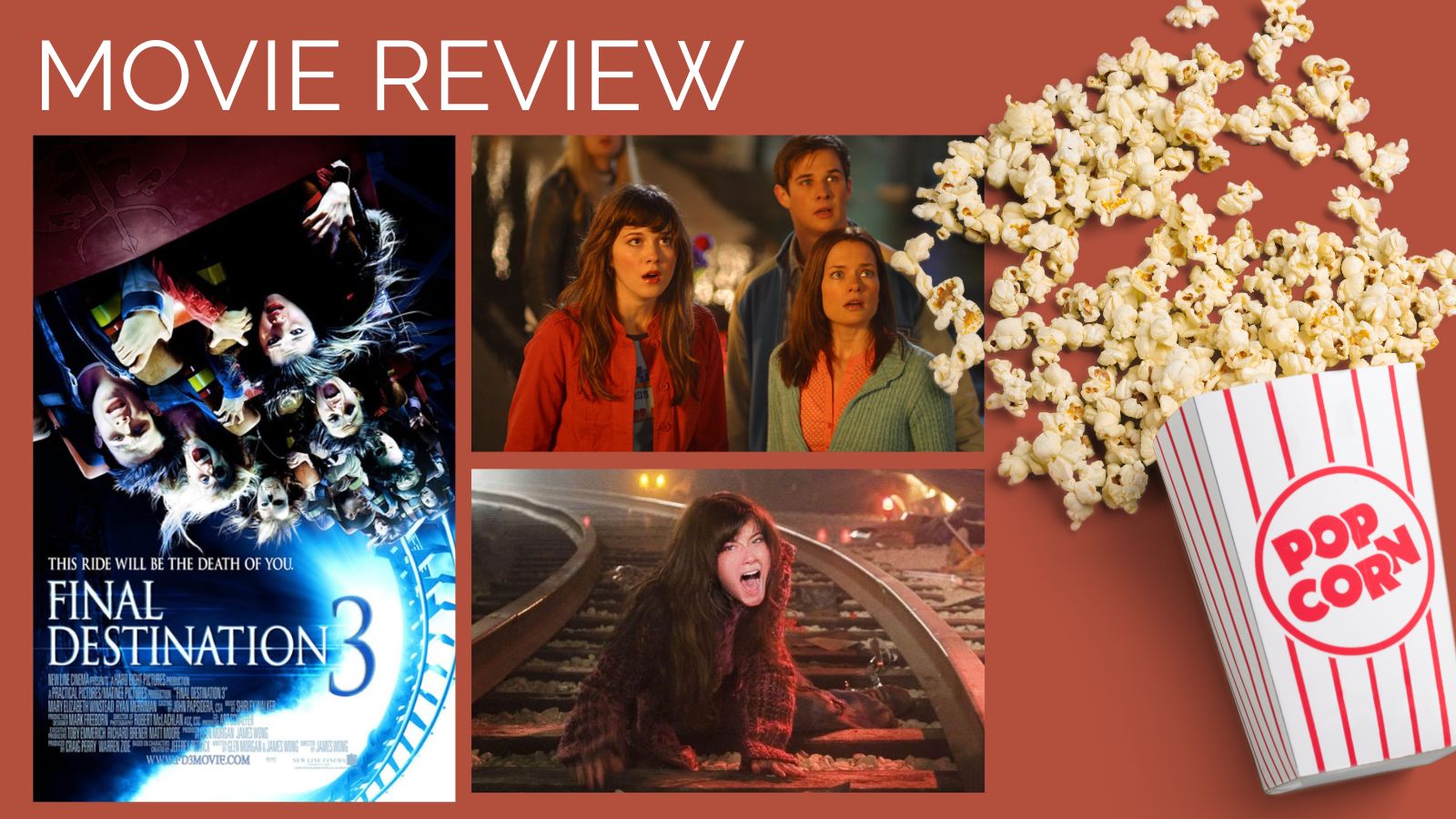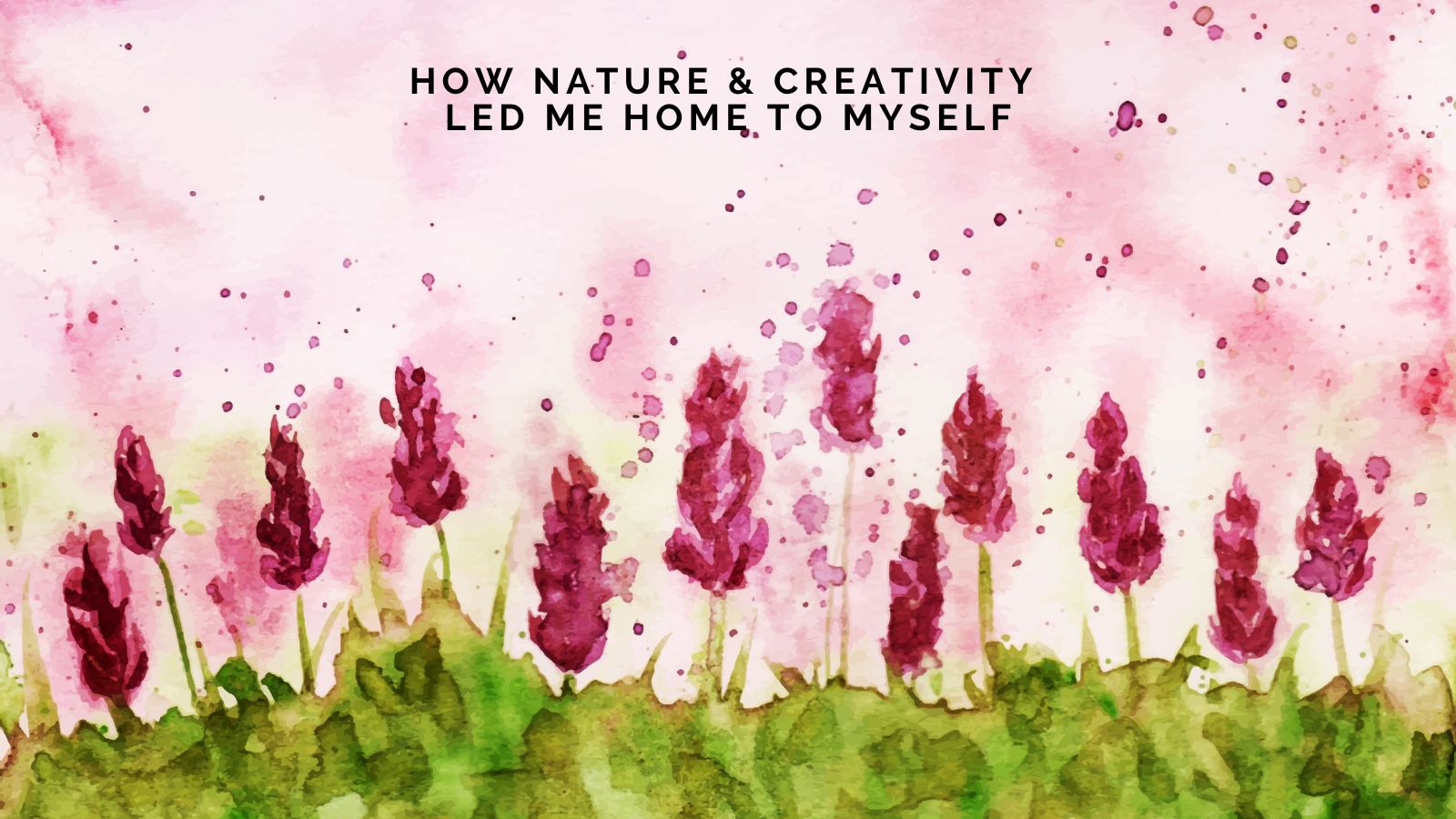
“You shouldn’t be here,” she said, her voice little more than a breath swallowed by the wind.
Jamie paused on the mossy path, unsure whether he’d misheard. The woman stood just ahead of him, half-shadowed beneath a crooked archway of trees. Her clothes were simple, dated. A grey shawl wrapped tightly about her shoulders, sleeves rolled to her elbows as if she'd been working. Her eyes, sharp and unblinking, didn’t match the rest of her—eyes that had seen too much.
“I said—”
“I heard,” Jamie replied. “Sorry, I didn’t mean to intrude. I’m looking for—well, I suppose I was just curious.”
“Curiosity’s a dangerous thing here.” She looked him over. “You’re not local.”
“No. I’m staying in the village. My gran used to live nearby. Thought I’d explore a bit.”
Her expression didn’t change. “You shouldn’t be here.”
Jamie hesitated, then stepped forward anyway.
The village of Whittleby was the sort of place that vanished off most maps. Cradled in a forgotten stretch of North Yorkshire, it had one pub, a post office that was rarely open, and a bus that came twice a week if it remembered.
Jamie had come in search of quiet—his life back in London was collapsing, slowly, like a building with too many termites. A breakup. A lost job. A sense that whatever held him together had finally grown tired and let go. His gran had always spoken of Whittleby like it was a fairytale, full of brambles and birdsong and neighbours who knew your name.
What she hadn’t mentioned was the house on the hill.
Everyone in the village avoided it. When Jamie asked about it in the pub, the old men fell silent, and the barmaid muttered, *“Best leave that place alone.”* Which, of course, only made Jamie more curious.
The house wasn’t visible from the main road. You had to follow an overgrown lane behind the churchyard, past a crumbling wall smothered in ivy. And once you saw it—its spires half-swallowed by trees, windows like black holes—you couldn’t look away.
There were stories, of course. A girl who went missing. A fire that never really burned. A family that simply stopped being one day. The sort of tales that lingered like mildew.
Jamie, camera in hand, decided to pay it a visit.
Inside the gates, time slowed.
The air was colder. Still. Not just quiet, but *hushed*, like the woods themselves were listening. The trees grew closer together the nearer he came to the house, as though conspiring to keep it hidden. When he reached the front steps, his phone lost signal completely.
The woman had disappeared.
Jamie glanced back toward the path. Nothing but shadows and silence. The house loomed before him, its doors parted slightly, as though expecting him.
Something scraped behind the walls.
He entered.
The air inside tasted of ash and time. Dust curled through the light that filtered in from broken panes, and every step creaked like a warning. The foyer was grand once, with a staircase that spiralled into darkness and a chandelier that now hung crooked, like a noose. The wallpaper peeled in long curls. A damp scent clung to the walls.
He raised his camera, took a photo. The flash briefly illuminated the edges of what might’ve been a portrait, but when he looked again, the frame was empty.
Room by room, he explored.
The parlour. A child’s nursery. A study with books half-eaten by mould. In one of the bedrooms, a rocking horse moved gently, though there was no breeze.
Jamie felt watched. Not constantly. Just in moments when his back was turned.
In the attic, he found the mirror.
It stood taller than him, silvering with age, its glass warped like water. As he stepped closer, his reflection shimmered—and then smiled.
He hadn’t smiled.
Jamie backed away. His reflection remained where it was, grinning like it had a secret to tell.
He left the attic in a hurry.
That night, he dreamt of the woman again. She stood by his bed, soaked through as if pulled from a river. Her mouth moved soundlessly. She reached out—and Jamie woke up screaming.
His phone still had no signal. Every photo he’d taken of the house was gone.
In their place was a single image: the mirror.
And in it, not him—but the woman. Staring. Smiling.
The next day, he returned.
He told himself it was to get answers. But something inside him *wanted* to go back. Needed it.
The front door was open, wider this time.
Inside, the rooms had shifted.
The parlour was now a dining room. The study had vanished entirely. New doors had appeared. Paintings he hadn’t seen before now watched him—strange, almost moving.
He heard laughter from upstairs.
Following it, he found a child’s bedroom. Toys scattered across the floor. A mobile turning above the bed, playing a melody he half-recognised but couldn’t place. On the wall, in faded chalk, someone had written:
WE STAYED TOO LONG
He turned, and there she was again.
The woman.
Only now, her eyes weren’t quite right. One was cloudy, filmed over like glass. The other shimmered with something that looked like moonlight.
“You came back,” she said softly.
“What is this place?”
Her head tilted. “It keeps what it wants.”
“I don’t understand.”
“You will.”
The house changed him.
Days passed—or didn’t. Jamie couldn’t tell anymore. Outside the house, the world flickered. Once, he tried to leave, but the path only looped back to the gate. Another time, he walked into the forest and emerged through the attic.
The house had rules, and he was breaking them.
He stopped sleeping. Or when he did, he dreamt things that didn’t belong to him—memories of others. A woman screaming in a bathtub. A man locking doors that didn’t stay shut. Children hiding under the floorboards. The house whispered to him, in voices not quite human.
Then came the mirror again.
It moved rooms now. Waited for him. Sometimes, his reflection was there. Sometimes, it wasn’t.
Once, it turned away when he approached.
He started seeing other people. Not alive. Not quite dead.
The family, maybe. Or what was left of them.
And always the woman, appearing in flashes. Her face was slipping—smiling when she shouldn’t. Her shawl now torn, soaked, trailing behind her like a veil.
One evening—he thought it was evening, the light outside never changed—he found the woman waiting at the bottom of the stairs.
Her hands were folded. Her eyes were different again—blank, too still.
He approached cautiously.
“What are you?” he whispered.
She smiled. “I warned you.”
He shook his head. “You’re not real. You’re—”
“We all were, once.”
“What does it want from me?”
“It wants to keep you.”
“Why?”
“Because it’s hungry.” Her face twitched. “Because it remembers. Because it knows you.”
“That’s not possible—”
“You came back.”
Jamie froze. “What?”
“You were here before. Long ago. A child. You ran. It let you go. But you came back.” She stepped closer. “It thinks you belong now.”
“I don’t—I don’t remember—”
“Some memories are buried deep. This place digs them up.”
She reached for him, and her fingers were cold smoke. “It’s too late now.”
He ran.
Through halls that twisted. Doors that opened to ceilings. A stair that never ended. The house laughing beneath the wood.
He reached the mirror.
And there he was. Waiting.
His reflection raised a hand—and beckoned.
Jamie screamed.
He woke up in bed.
The village. Morning sun. Birds singing.
His room at the inn was just as he left it. Neat. Real.
Had it all been a dream?
He checked his phone.
No messages. But in his camera roll—one photo.
The woman. Standing in the doorway. Smiling.
He went to the pub. It was open. People there. Familiar faces. Too familiar.
The barmaid looked at him strangely. “You alright, love? You look like you’ve seen a ghost.”
Jamie laughed nervously. “I think I might’ve.”
“You should go home. Rest. You don’t look well.”
“I don’t—” he paused. “What year is it?”
She blinked. “Same as it was yesterday.”
“Right.” He turned to leave.
Outside, the world shimmered at the edges.
The trees. The air. The sky too still.
Something was wrong.
Jamie walked to the churchyard. The path behind it was gone.
Where the lane had been, there was now only bramble and stone.
He found a bench and sat.
Then he saw a shadow.
Not the woman. Himself.
Walking past the trees. Camera in hand.
Jamie stood up. Shouted. No response.
He watched himself disappear into the woods.
He went back to the house one final time.
It was waiting.
Inside, nothing had changed. Or maybe everything had.
The mirror stood in the centre of the hallway now.
He looked into it.
The reflection did not copy him.
It stepped forward.
Then smiled.
“You shouldn’t be here,” it said.
And this time, Jamie agreed.
_(31).jpg)
.jpg)
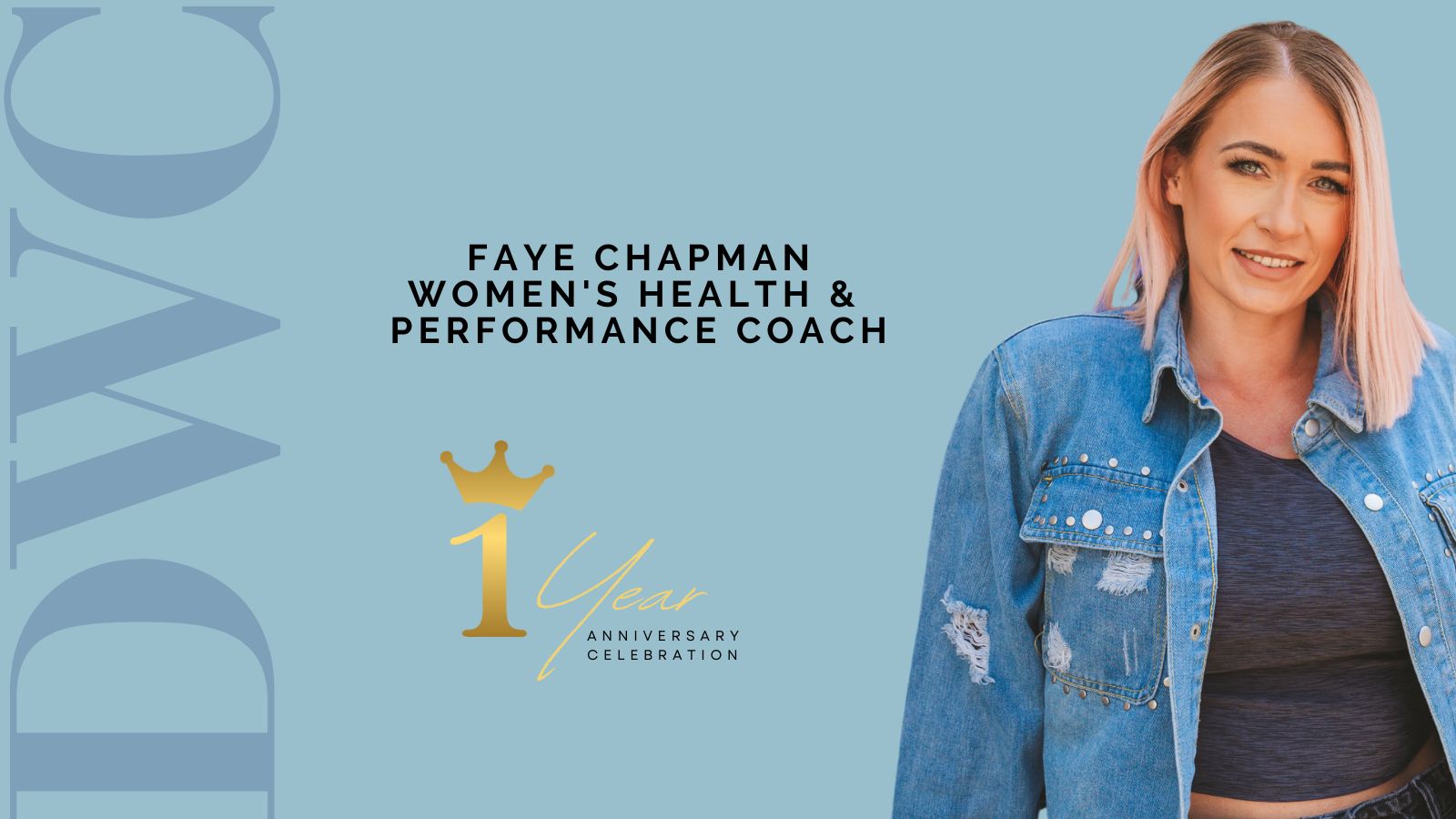
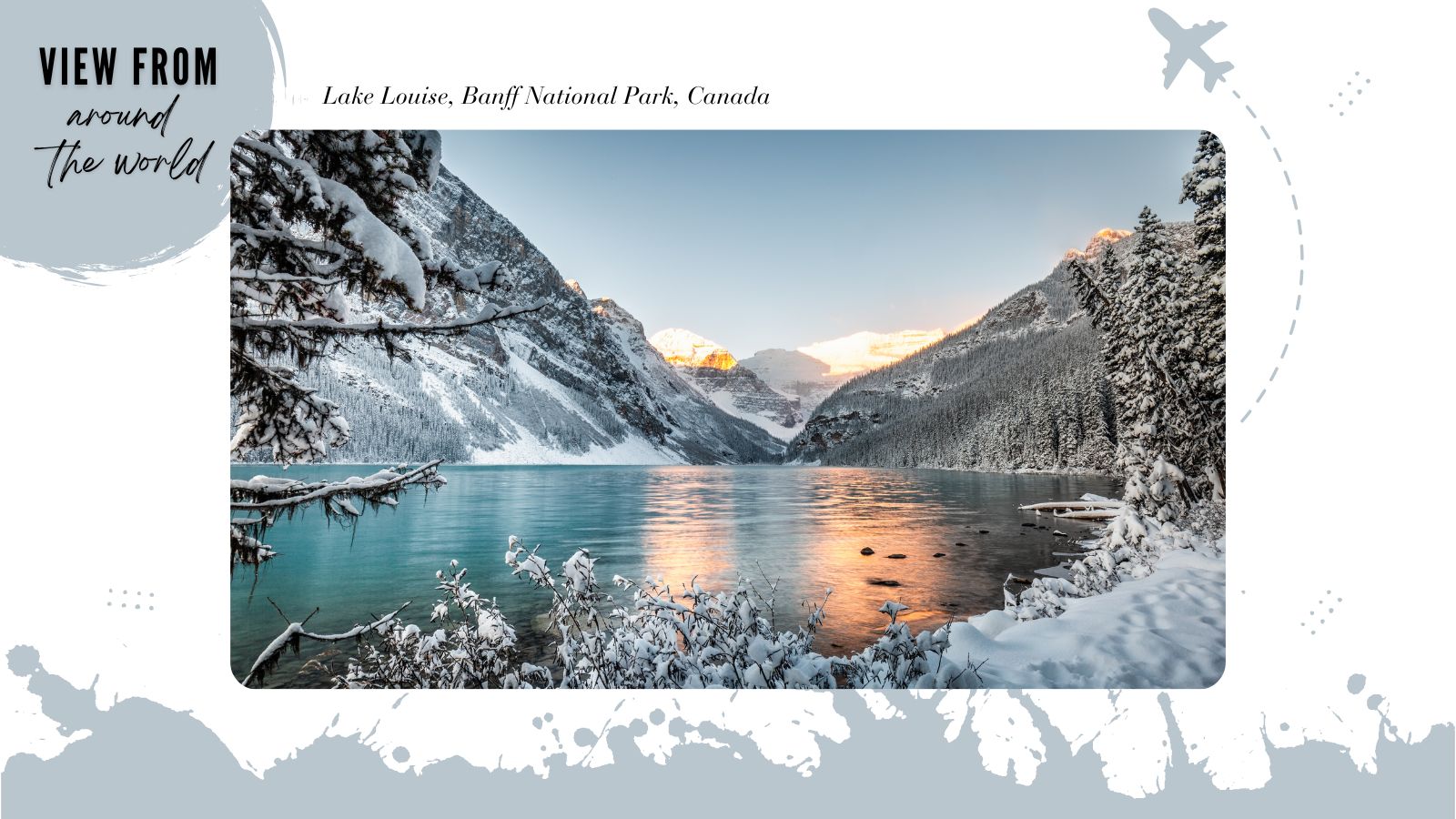
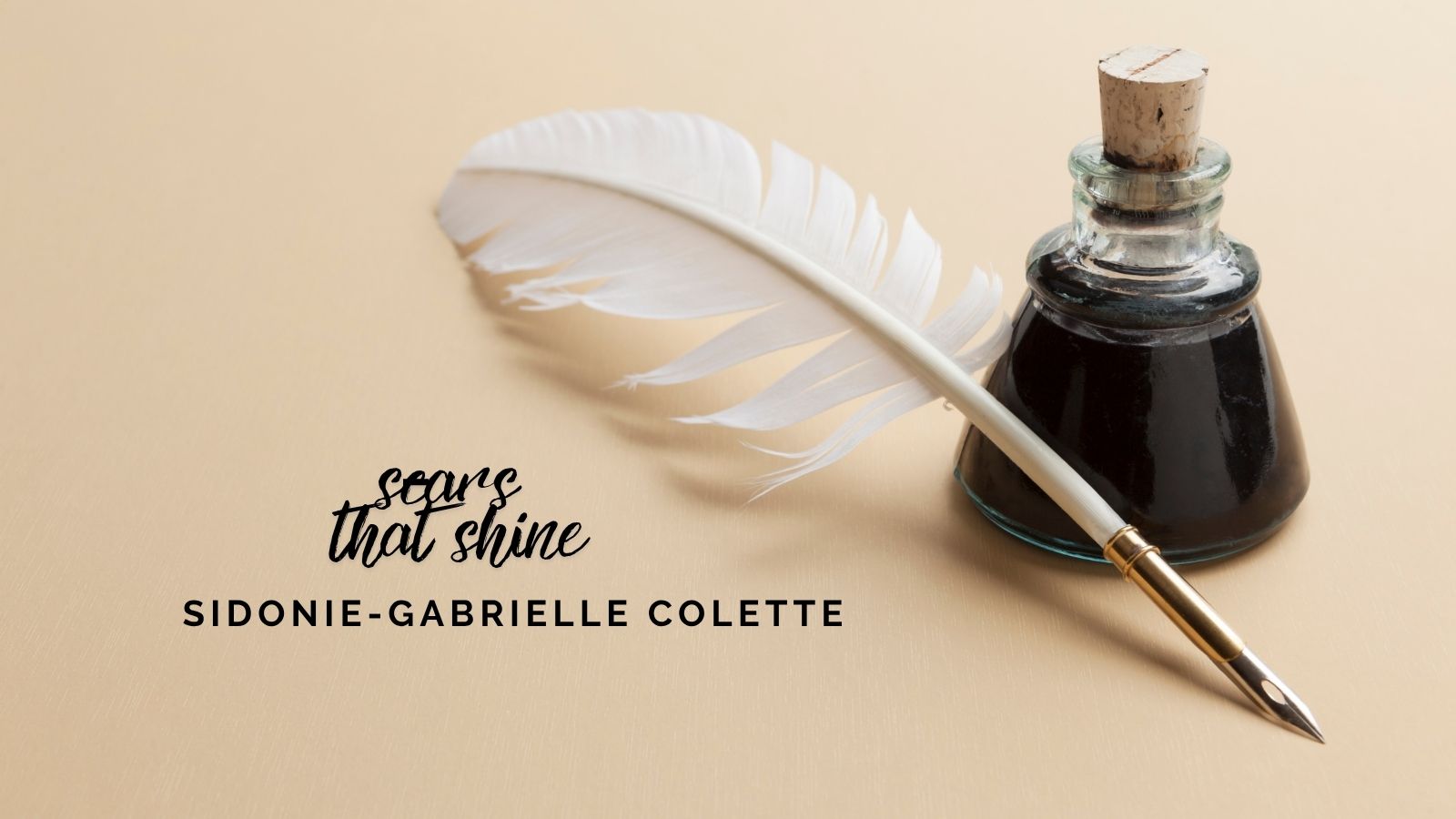
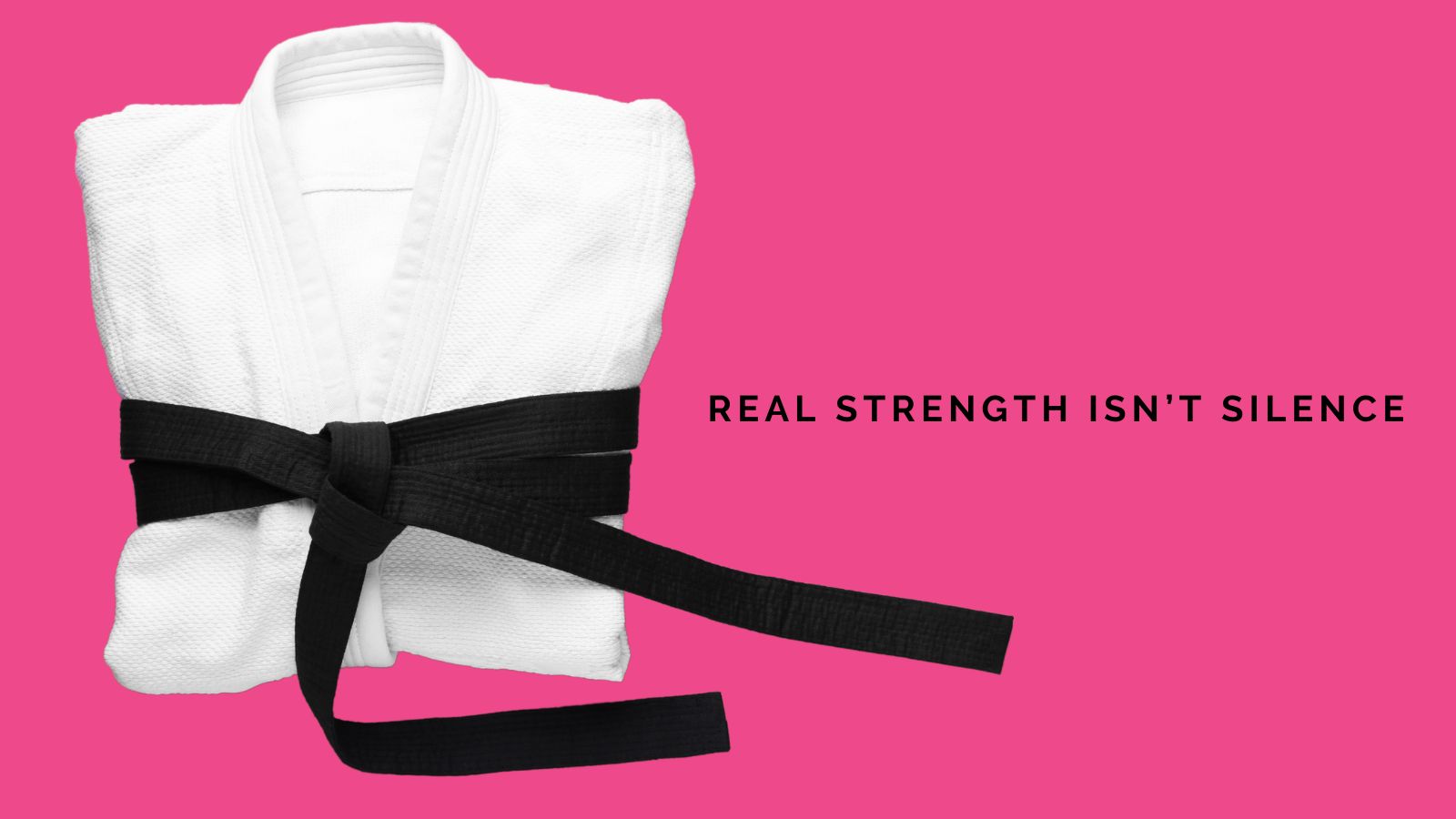
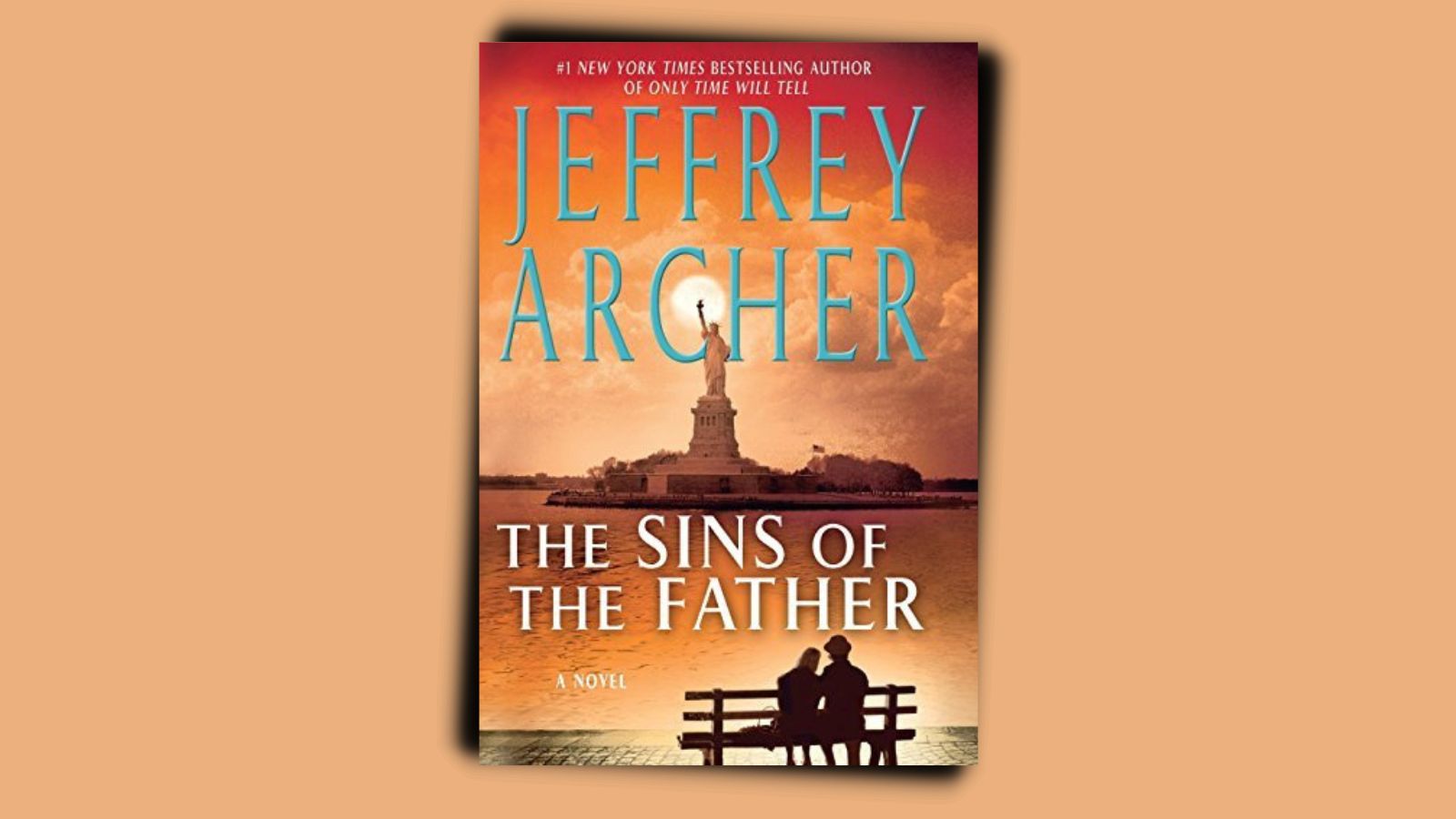

.jpg)








.jpg)

